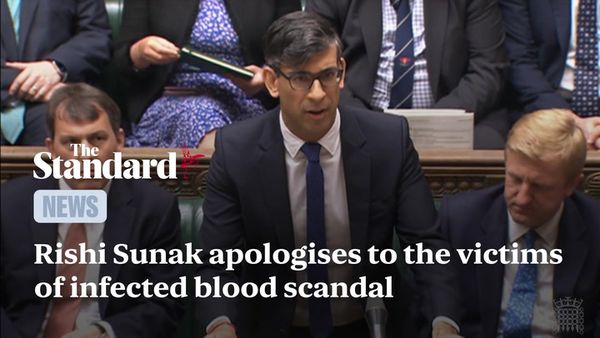
Once-ascendant parties across the continent face an existential crisis amid internal divisions and the rise of the far-right
Radical parties of the left are facing an existential crisis amid a wave of election defeats that has seen populist nationalists sweep to power across Europe.
- SEE MORE The decline and fall of Europe’s centre-left
- SEE MORE AfD local election win: watershed moment for far-right in Germany?
- SEE MORE France after Macron: can anything stop Marine Le Pen?
In Greece, the once-dominant Syriza, which ruled the country from 2015 to 2019, saw its support drop to just 18% in Sunday’s election. In Spain recent regional and mayoral elections dealt a hammer blow to the ruling left coalition, potentially paving the way for the far-right Vox to make big gains at next month’s snap election.
Across the continent reactionary parties of the far-right are on the rise, while the once-ascendent left looks divided and demoralised.
What did the papers say?
Turn the clock back to 2015 and the picture looked decidedly different. With established social democratic parties across Europe haemorrhaging support in the early 2010s, insurgent far-left parties seized their moment.
Emerging from grassroots social movements, such as the Indignados in Spain, and driven by a strong anti-austerity agenda, by the mid-2010s it “seemed probable that the radical left would be the main beneficiaries of the financial crisis”, wrote Michael Chessum in the New European.
Yet fast-forward to today and the far right “has emerged as indisputably the biggest beneficiary of political and economic crises of the past decade”, Chessum added. Recent polls in Italy, Sweden and Finland have seen them join the likes of Hungary, Poland and Turkey as part of a growing cohort of nationalist-right governments.
On Sunday, Germany’s far-right Alternative für Deutschland (AfD) experienced its own “watershed moment” by winning an election for the first time in its 10-year history.
Looking forward, Spain’s president Pedro Sánchez has called a snap election for next month in order to attempt to head off rising support for the far-right Vox party. In France, many place Marine Le Pen as the frontrunner to win the next presidential election.
The irony, said The Economist, is that “this should be a propitious time for Europe’s left”. Rising inflation, a cost-of-living crisis and concern over climate change rank among the most important issues for voters across the continent. But “leftist parties offering more government spending face two problems”, added the magazine. The first is that with much higher inflation and levels of government debt following the pandemic, “they no longer have fiscal room”, while the second is that on state intervention they have won the argument, with the whole political spectrum agreeing state intervention in the economy is needed. “That makes it hard for leftist parties to stand out,” said The Economist.
Each country is different and circumstances unique, admitted The Observer’s foreign affairs correspondent Simon Tisdall, “yet a broad pattern is discernible” when it comes to the decline of the radical left, “and it’s not difficult to trace”. The common denominator, he argued, is that parties of the hard – and indeed soft – left in Europe are “too fractured and fractious to build winning coalitions that offer convincing alternative solutions to voters’ problems”.
Take the recent election in Greece, where Syriza was “plagued by infighting between different factions”, said national newspaper Ekathimerini.
Despite appearing vulnerable, the triumph of incumbent Prime Minister Kyriakos Mitsotakis’s scandal-hit centre-right New Democracy party “confirms that most Greeks prefer the austere stability he offers to the grim economic anarchy that the far-left Syriza presided over”, said The Spectator.
What next?
Marta Lorimer, an expert in far-right politics in Europe at the London School of Economics, told NBC News that the success of the radical right in Greece and elsewhere has had a profound political effect: shifting the needle when it comes to the traditionally more moderate parties.
“The main challenge is that you have a centre right that’s copying the messaging of the far right. The prime minister can now say that the election results show people want more far-right policies,” she said.
They may draw from a common playbook based on “the weaponisation of ethnic, racial, gender and regional differences” but “it’s not as though right-wing conservatives, populists, nationalists and assorted radicals and extremists have all the answers,” said Tisdall. Just look at the UK, Hungary and Poland, where “they are often clueless and divided, too. But centrist and leftist parties are struggling to convince voters they can do any better”.
Herein, perhaps, lies a lesson for Keir Starmer as he looks to shed Labour’s radical legacy and win power by shifting rightwards.
Better to draw a line like Sánchez in Spain, said Tisdall, “then set one’s own agenda, offer a clear choice and trust voters to decide”.
“It’s not that complicated. Unity, plus well-defined, principled policy programmes, is the way the left stops losing – and learns to win again.”







